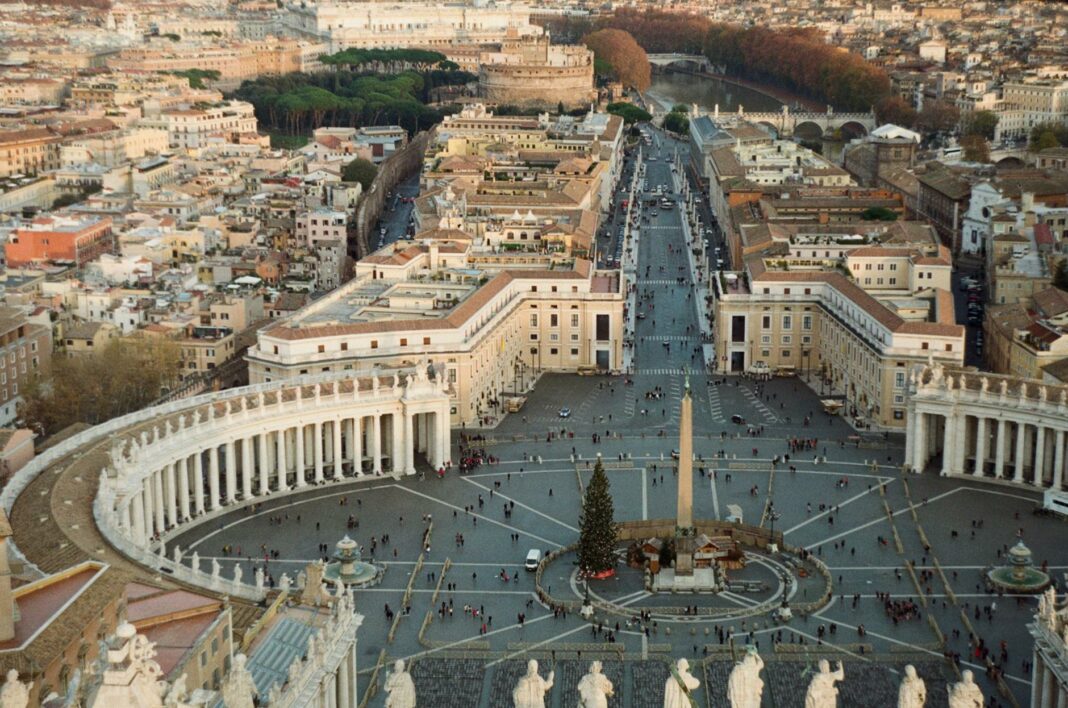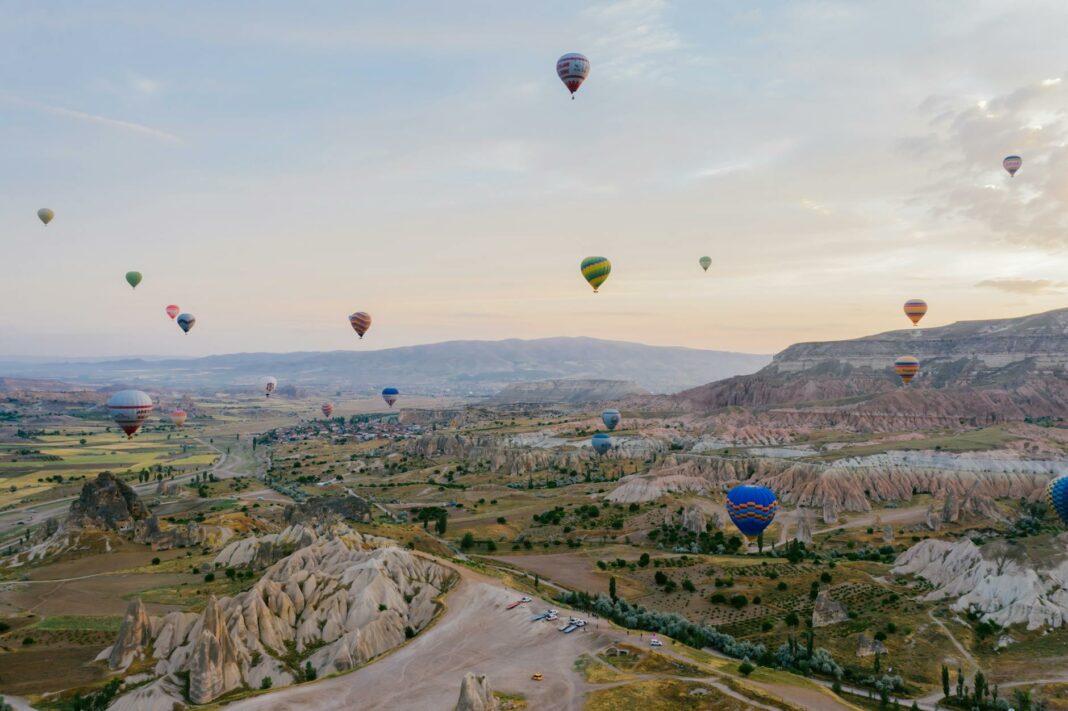- Introduction
- What is a pilgrimage?
- Types of pilgrimages
- The spiritual impact of pilgrimage
- Personal transformations through pilgrimage
- The communal aspects of going on a pilgrimage
- Changing perspectives: How a pilgrimage can alter lives
- Final thoughts
- FAQ
Throughout history, countless individuals have embarked on pilgrimages, seeking not just a destination but also a profound transformation. Whether it’s a journey to a sacred site or a trek through nature’s beauty, the question many ask is can a pilgrimage truly change your life forever? Delving into the depths of historic traditions, modern interpretations, and personal anecdotes can reveal that the answer might be a resounding yes. This exploration promises to unearth the rich tapestry woven by the experiences of those who have taken such journeys.
To grasp the essence of this life-altering venture, we must delve into what defines a pilgrimage. Along the way, we will discover diverse types, explore the profound spiritual impact, and uncover personal transformations that arise from these sacred journeys. By examining the community experiences that accompany such odysseys and the shifts in perspective they often ignite, we will challenge the way we think about the concept of pilgrimage and its lasting effects on individuals.
At its core, a pilgrimage is not just a physical journey. It transcends mere travel, embodying a quest for deeper meaning, self-discovery, and connection with both the divine and oneself. Rooted in various religious traditions, the essence of pilgrimage has evolved over centuries, beckoning humanity towards spiritual enlightenment. Often marked by an intention to seek forgiveness, penance, or simply a personal connection to the sacred, this journey takes participants far beyond their comfort zones.
Indeed, embarking on a pilgrimage allows individuals to confront their inner demons and grapple with questions that often linger in the back of their minds. As participants journey through unfamiliar landscapes and cultural experiences, they gradually shift from routine life to something more significant. Each step taken becomes a meditation, turning busy thoughts into reflective silence. Hence, the pilgrimage unveils layers of our being we often overlook in our daily hustle.
Pilgrimages come in myriad forms, each carefully tailored to cater to different beliefs and intentions. Religious pilgrimages, such as the Camino de Santiago in Spain or the Hajj in Saudi Arabia, are steeped in tradition and spiritual significance. These journeys often involve specific rituals and customs that enhance the experience and deepen the connection to the divine.
However, not all pilgrimages need to be dictated by religious undertones. Modern interpretations embrace secular pilgrimages that focus on personal growth and exploration. Trails like the Appalachian Trail or journeys through sacred natural sites, such as Sedona, encourage individuals to forge their own paths, discovering beauty and wisdom along the way. Regardless of the purpose, each type of pilgrimage offers unique opportunities for introspection, community engagement, and connecting with nature.
Spirituality is a significant driving force for many embarking on a pilgrimage. The experience often serves as a catalyst for inner transformation, prompting participants to reevaluate their beliefs, priorities, and relationships. In sacred spaces—whether it’s a temple, shrine, or natural wonder—an atmosphere of reverence fosters connection with the divine, evoking feelings of peace that resonate deep within.
These encounters with spirituality can lead to profound shifts in perspective. As individuals engage in reflection and meditation during their journeys, they may uncover insights that were previously obscured by the distractions of everyday life. Engaging with the sacred can transform one’s understanding of their place in the cosmos, instilling renewed purpose and clarity. Thus, the spiritual impact of pilgrimage is undeniably potent, often leading to a life replete with meaning and intention.
Transformation is perhaps the most compelling narrative that follows those who undertake a pilgrimage. The journey challenges comfort zones, and as participants face physical and emotional barriers, they learn resilience and adaptability. Tales abound of individuals who shed old habits, confront fears, and mend broken relationships during their time on the road.
Moreover, many report a newfound sense of gratitude and appreciation for life upon completion of their pilgrimage. The simplicity of life lived along the path—whether it’s sharing meals with fellow travelers or marveling at the beauty in nature—can cultivate a deep-seated joy that reverberates long after the journey ends. Such changes often fuel future aspirations, pushing individuals to incorporate lessons learned into their daily lives, promoting lifelong growth.
One of the most enriching aspects of pilgrimage is the sense of community that often emerges among travelers. From sharing stories with fellow pilgrims to engaging in communal activities along the way, relationships forged on the journey can be transformative in their own right. Strangers become comrades, offering support and encouragement, demonstrating the innate human desire for connection during life’s profound moments.
Engagement in shared experiences creates a lasting bond that transcends backgrounds and beliefs. Additionally, these communal elements can offer safety and comfort when tackling challenging paths. The camaraderie and understanding shared amidst difficulties often become a source of strength that enhances the overall pilgrimage experience. Overall, these connections can lead to lifelong friendships and a shared appreciation for the journey’s impact on personal growth.
A pilgrimage often serves as a mirror reflecting personal beliefs and values while challenging conventional thinking. Participants frequently emerge from the experience with new perspectives on life, resilience, and connection. The insights gained on the path compel individuals to reconsider priorities, fostering a greater sense of purpose in their everyday lives.
This shift can catalyze profound change. Moments of adversity encountered during the pilgrimage often lead to personal breakthroughs that allow for healthier relationships and a more fulfilling existence. By shedding layers of belief that no longer serve them, pilgrims unlock doors to newfound potential, demonstrating that the journey can indeed change lives forever.
In essence, the journey of pilgrimage is a multifaceted tapestry of spiritual growth, personal transformation, and communal bonding. The paths that seekers tread are imbued with meaning, ultimately inviting a shift in mindset and an awakening of the soul. Engaging with the profound teachings embedded within each experience fosters not just a change during the pilgrimage but sets the stage for ongoing personal evolution.
Therefore, as countless individuals have attested, embarking on a pilgrimage can hold the key to monumental change. It pushes beyond surface-level exploration, diving deep into the heart of existence, transforming mundane realities into extraordinary revelations. For those seeking a new lease on life, a heartfelt pilgrimage might be the answer they’ve been searching for.
Can anyone go on a pilgrimage, or do you need to belong to a specific faith?
Absolutely! While traditional pilgrimages are often associated with specific religions, anyone can embark on a journey seeking personal growth, healing, or self-discovery. The beauty of pilgrimage lies in its openness to all seekers.
What should I prepare before going on a pilgrimage?
Preparation can vary based on the destination and type of pilgrimage, but it’s essential to cultivate a mindset open to adventure and learning. Additionally, physical and mental preparation can help make the journey more enjoyable and profound.
How long does a pilgrimage usually take?
The duration of a pilgrimage varies widely, with some trips lasting days while others extend for months. The key is to embrace the journey’s rhythm and allow yourself to be present in every moment.
Will I definitely experience a life-changing moment during my pilgrimage?
While not everyone will have the same experience, many pilgrims report transformative moments. Being open to introspection and connection enhances the likelihood of profound moments throughout the journey.
Image Credit: Pexels





